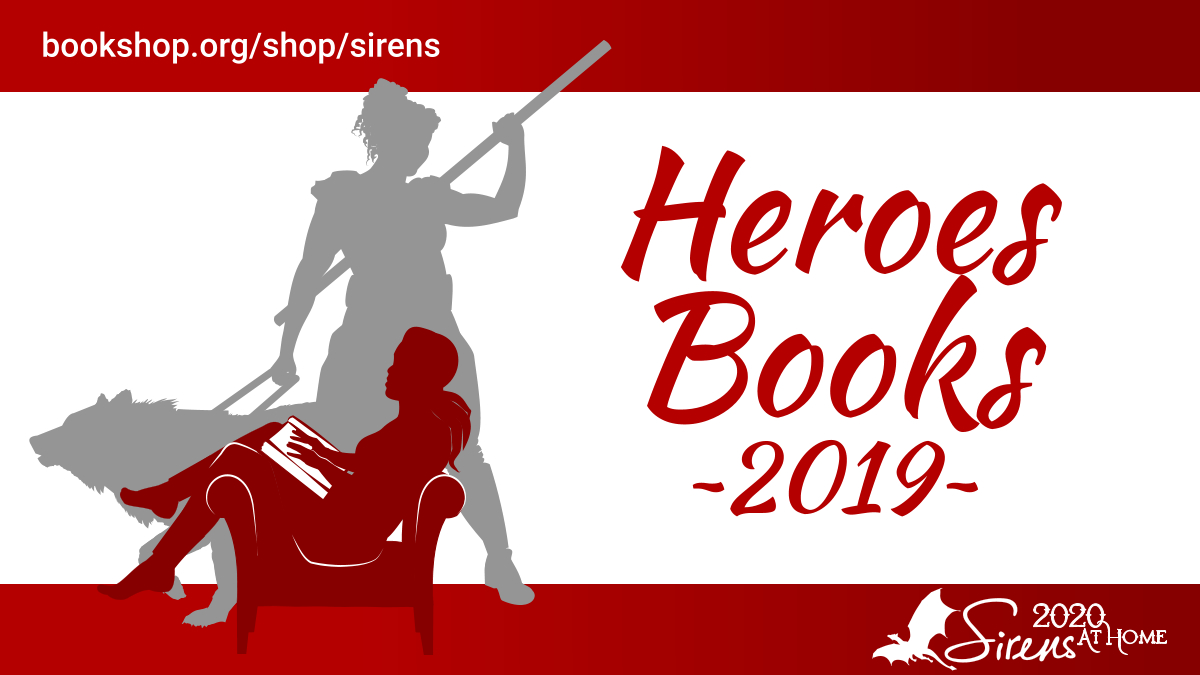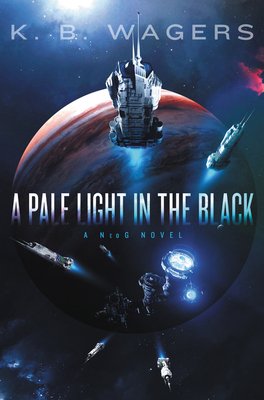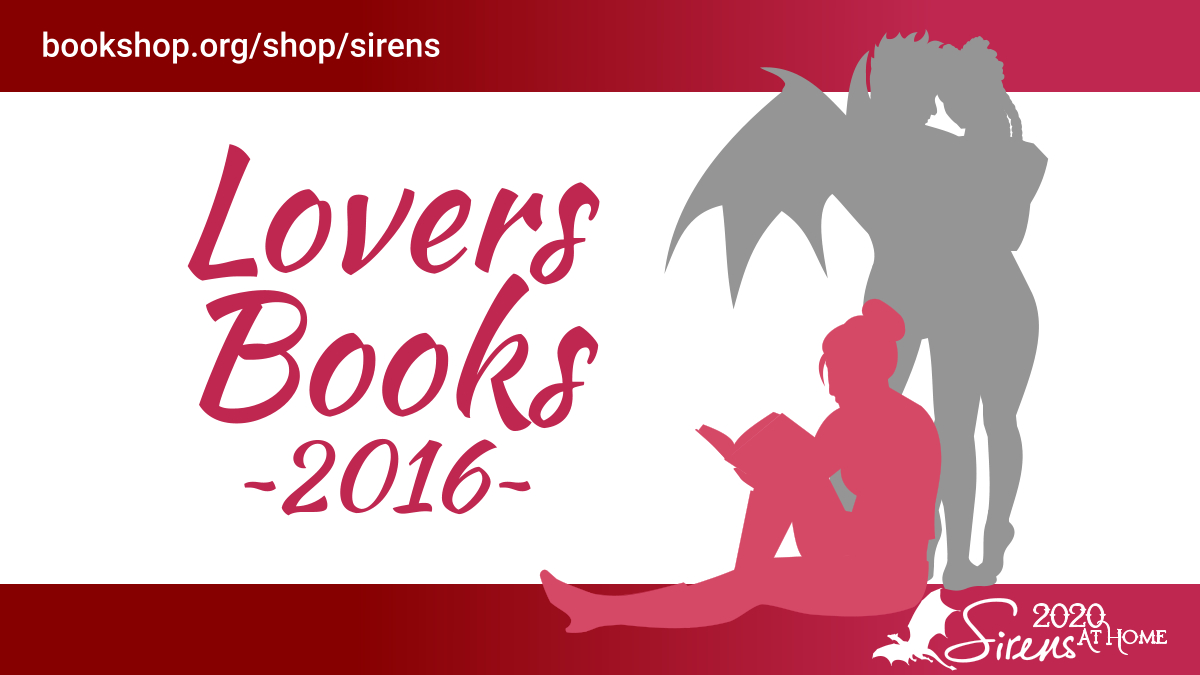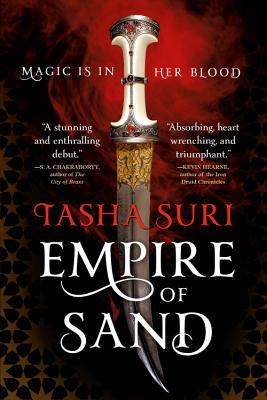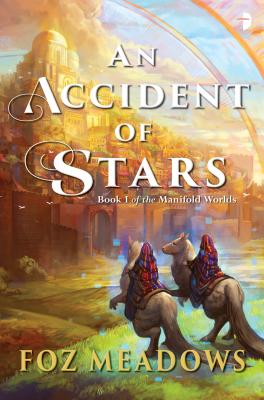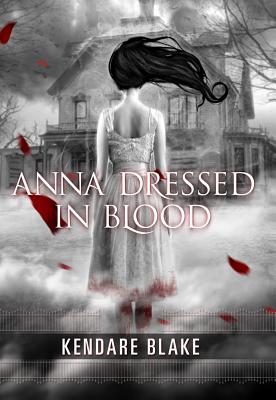
We're back again! @amytenbrink welcomes everyone and notes that we're in a liminal space in this very strange year of 2020, which falls between *our* years of discussing Heroes (2019) and Villains (2021).
#SirensAtHome
#SirensAtHome
In 2020, we all feel like we're failing, not doing enough, not being enough -- "Like we've become the villains in our own stories."
But Amy thinks we're all heroes.
#SirensAtHome
But Amy thinks we're all heroes.
#SirensAtHome
In classic Amy style, she says "fuck that" to the traditional definition of heroism.
What we're doing for ourselves, our loved ones, and our communities -- that is heroic.
#SirensAtHome
What we're doing for ourselves, our loved ones, and our communities -- that is heroic.
#SirensAtHome
Amy previews tomorrow's schedule! Which you can find online at sirensconference.org/at-home
#SirensAtHome
#SirensAtHome
But we can do even better than that, yeah?
Help us help amazing people join us next year!
sirensconference.org/scholarships
#SirensAtHome
Help us help amazing people join us next year!
sirensconference.org/scholarships
#SirensAtHome
It's time for Anxiety, Rage, and Attempting the Impossible in a World on Fire! Moderator @tinytempest opens us up and has our panelists introduce themselves: @jennbrissett, @jruoxichen, @joykim, @srgruber, @MsUppityness, and @kbwagers!
#SirensAtHome
#SirensAtHome
Bradford begins the conversation by asking, when this pandemic started, was there a point where you hit the wall? And then, if you could move past it, how?
#SirensAtHome
#SirensAtHome
Kim finds it difficult to pin down *one moment* that was hardest -- but drew on skills from fandom! Knowing what it's like to have online friendships and being able to help people for whom that's newer.
#SirensAtHome
#SirensAtHome
Chen speaks to the temporal displacement we're all experiencing. "Is it February 379th right now?"
#SirensAtHome
#SirensAtHome
Chen also advocates grasping at any tiny tiny silver linings that you can -- choosing to do things intentionally to build community.
#SirensAtHome
#SirensAtHome
Brissett admits she knows she hasn't bounced back and can pinpoint when she hit the floor -- when she was diagnosed with covid.
#SirensAtHome
#SirensAtHome
Brissett talks about being in New York when covid began to escalate, hearing ambulances, and slowly realizing she didn't just have the flu. Hit a wall "because it just sort of dawned on me that I'd had a fatal disease without knowing that's what I'd had."
#SirensAtHome
#SirensAtHome
"I feel like I was lied to." Brissett speaks to the anger she's felt, to the guilt of wondering if she transmitted it before knowing what it was, to how "my whole life has just been thrown up in the air!"
#SirensAtHome
#SirensAtHome
Wagers: "I don't know if I'm okay or not." Like being Wile E. Coyote who's run off the cliff but hasn't looked down to drop yet. They had a release party on March 6th, and that was the last time they saw their family.
#SirensAtHome
#SirensAtHome
Schechter declares herself an overachiever who has hit that wall three times. A lot of day-to-day things didn't change. "The things that broke me were the things that were central to my being."
#SirensAtHome
#SirensAtHome
Schechter talks about WisCon and the "hopeful denial" of think-hoping the con would still happen -- then feeling broken at not being able to see her people, her family at the con.
#SirensAtHome
#SirensAtHome
"Thank god for Zoom!" Schechter says, crediting it for being able to bring her out of the gloom and give her a way to connect with her people.
Bradford agrees. "Zoom has kept me alive."
#SirensAtHome
Bradford agrees. "Zoom has kept me alive."
#SirensAtHome
Gruber shares the story of her family getting sick, being told that it might be a 6-12 month recovery. "I was devastated... and furious."
#SirensAtHome
#SirensAtHome
Gruber speaks to the challenge of not feeling well enough to do the things that might help with isolation.
Something that helped? Audiobooks. "Got me to a place where I could rest enough that I could start reaching out to my community."
#SirensAtHome
Something that helped? Audiobooks. "Got me to a place where I could rest enough that I could start reaching out to my community."
#SirensAtHome
Bradford asks about the things that have felt impossible. What's been hard to get done -- even if it's something you normally enjoy or that usually de-stresses you?
#SirensAtHome
#SirensAtHome
Kim answers that focus has been tough. Keeps checking out new books from the library even though she hasn't been able to finish them. Talks about holding herself less to self-imposed standards of perfection, remembering it's not permanent.
#SirensAtHome
#SirensAtHome
Gruber admits to being unable to manage email. (Nods from other panelists indicate that she's not alone!)
#SirensAtHome
#SirensAtHome
Wagers is determined to keep powering through, acknowledges privileges they enjoy, healthy and safe and in a relatively low-impact area -- but also aware that the powering through might lead to an eventual breakdown.
#SirensAtHome
#SirensAtHome
Brissett speaks to challenges of not being *able* to do the things that she knows she needs to do to take care of herself. Trying not to beat herself up about it. "Eventually, I'll get out of this, too."
#SirensAtHome
#SirensAtHome
Schechter talks about yo-yoing: "On the days that I'm good, I'm really good!" Making masks, getting the to-do list checked off. "And then... I can't do anything for a week."
#SirensAtHome
#SirensAtHome
Chen: "I don't think I've ever known so much about my coworkers' cats and dogs!" The one highlight of everyone working from our homes having animals as tension-breakers.
#SirensAtHome
#SirensAtHome
Chen speaks to burnout -- already a problem for many creatives -- and how that pressure has escalated and comes with weird tensions in the age of covid. Have to allow things to take more time to process.
#SirensAtHome
#SirensAtHome
Brissett has stayed away from Facebook; finds Twitter more manageable, especially since she can create funny, happy lists to follow.
#SirensAtHome
#SirensAtHome
Gruber connects this idea to what Diana Pho said last night, about rejuvenating spaces: being intentional about what stories to choose to engage with. She's started watching K-Dramas! New form to her; has to read subtitles so can't doomscroll while watching!
#SirensAtHome
#SirensAtHome
Chen likes chattery podcasts. "It has the effect of when you're re-reading something that's so familiar, you're not really reading it, but just sort of absorbing the words into your brain." Comforting background noise.
#SirensAtHome
#SirensAtHome
Schechter: "I have leaned really hard into stupid." Binge-watching shows, "the stupider the better".
#SirensAtHome
#SirensAtHome
Schechter also muted a bunch of people on FB. Not that they're bad people or not friends -- but curating her lists to those she really wanted to connect with and who would cheer her up, support her.
#SirensAtHome
#SirensAtHome
Kim says since 2016, she's tried to "avoid Trump voice as much as possible. ... I will stay informed, but I don't need to listen to it."
Comfort has been k-pop! Will give recommendations. ;)
#SirensAtHome
Comfort has been k-pop! Will give recommendations. ;)
#SirensAtHome
Wagers discusses practicing minimalism and the idea of "curating your life". They've done a lot of things like turning off notifications, leaving phone in another room while reading so they don't doomscroll after three pages of a book!
#SirensAtHome
#SirensAtHome
Bradford ends with asking panelists to share "the best thing someone has said to in the pandemic times, that's helped you feel better or happier?"
#SirensAtHome
#SirensAtHome
Chen: A friend says that imposter syndrome means you've thought through the matter and don't really have to be as anxious as you are. Finding assuredness inside that anxiety.
#SirensAtHome
#SirensAtHome
Gruber: While ill, had to cancel a project with a friend. Friend's response was "Please do not ever apologize to me for taking care of yourself." Has become an inner refrain; it's okay to just say no.
#SirensAtHome
#SirensAtHome
Wagers speaks to the challenge of promoting books in this time -- but it's still important to take joy in the ways readers respond and to know that you've done good work.
#SirensAtHome
#SirensAtHome
Brissett admits she doesn't know how to answer that question. No one specific thing that's fully picked her up. Hard to hear the good things right now.
#SirensAtHome
#SirensAtHome
Schechter: Overarching theme was that she did not realize the impact she'd had on someone else's life. Not Imposter Syndrome, "'cause I know I'm awesome!" Didn't realize that being her had such an effect.
#SirensAtHome
#SirensAtHome
Kim remembers a conversation with a coworker where the coworker remembered and celebrated her saying, "Perfection is not a 2020 thing!"
#SirensAtHome
#SirensAtHome
And now it's on to the discussion rooms!
Thanks so much to our amazing panelists! Especially for being so open and vulnerable in These Times.
#SirensAtHome
Thanks so much to our amazing panelists! Especially for being so open and vulnerable in These Times.
#SirensAtHome
• • •
Missing some Tweet in this thread? You can try to
force a refresh




